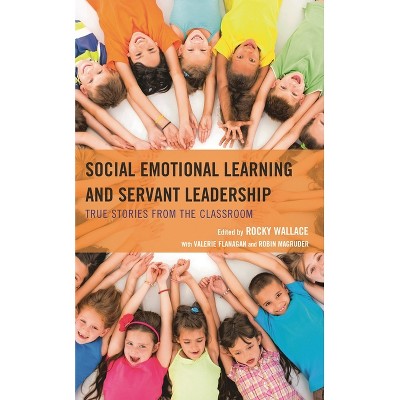
Hearing Beethoven - by Robin Wallace (Paperback)
$16.99Save $5.01 (23% off)
In Stock
Eligible for registries and wish lists
About this item
Additional product information and recommendations
Discover more options
Frequently bought together
Related Categories
Trending Music & Performing Arts

$13.56
MSRP $16.95
Buy 1, get 1 50% off select books, movies & games
5 out of 5 stars with 1 ratings

$17.99 - $18.88
MSRP $17.99 - $26.99
Buy 1, get 1 50% off select books, movies & games
5 out of 5 stars with 3 ratings

$20.99
MSRP $29.99
Buy 1, get 1 50% off select books, movies & games
3 out of 5 stars with 2 ratings

Highly rated
$13.28
Buy 1, get 1 50% off select books, movies & games
4.9 out of 5 stars with 16 ratings

$11.63
MSRP $16.95
Buy 1, get 1 50% off select books, movies & games
3 out of 5 stars with 10 ratings

$33.29
was $36.06 New lower price
Buy 1, get 1 50% off select books, movies & games
5 out of 5 stars with 2 ratings












